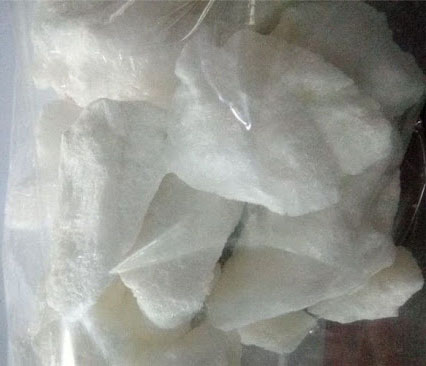Description
PCP (Angel Dust): Phencyclidine
Introduction
PCP (Angel Dust) Phencyclidine, also known as PCP, is a powerful hallucinogenic drug that gained popularity in the 1960s. It is known for its intense effects, which include distortions in perception, mood alterations, and changes in behavior. PCP has gained a notorious reputation for its dangerous and addictive nature, making it a controlled substance in many countries. This document aims to provide a comprehensive overview of PCP, including its uses, effects, and risks.
Chemical Structure
PCP (Angel Dust) Phencyclidine belongs to the arylcyclohexylamine class of drugs and consists of a single ring structure. It is structurally similar to amphetamines and cocaine, but its unique structure distinguishes it from other illicit drugs. The ring structure of PCP is composed of a piperidine ring attached to an aromatic ring, resulting in its hallucinogenic effects.
Uses
PCP was primarily used as a veterinary anesthetic in the 1950s before being misused recreationally in the 1960s. Users often reported experiencing a sense of euphoria, distorted perceptions, and altered emotions. PCP gained popularity as a “party drug” due to its ability to produce intense sensations and hallucinations. However, its negative effects and potential risks far outweigh any perceived benefits.
Effects
When ingested, PCP primarily affects the central nervous system, leading to a wide range of effects. Users often experience distortions in perception, such as seeing things that are not actually present or hearing sounds that do not exist. These effects can be intense and disorienting, leading to confusion and anxiety. PCP can also affect mood, causing euphoria, agitation, or depression. Users may also experience changes in behavior, including aggression, violence, and paranoia.
Risk and Side Effects
The risks associated with PCP use are numerous and substantial. It is highly addictive, with users often developing a strong physical and psychological dependence on the drug. Long-term use can lead to severe health problems, including liver damage, kidney damage, and memory loss. PCP can also have detrimental effects on mental health, increasing the risk of psychosis and schizophrenia. Additionally, its use has been associated with accidental injuries and fatalities.
Legal Status
PCP is listed as a Schedule II controlled substance in the United States, meaning it has high potential for abuse and risk of dependence. It is also illegal in most other countries and carries a severe penalty for possession, manufacture, or distribution. Efforts are being made worldwide to control and regulate the use of PCP, due to the serious harm it can cause to individuals and communities.
Conclusion
Phencyclidine, also known as PCP or Angel Dust, is a powerful hallucinogenic drug that has gained a notorious reputation due to its dangerous and addictive nature. Its intense effects, including distortions in perception, mood alterations, and changes in behavior, make it a substance that should be avoided. The risks associated with PCP use are numerous and substantial, including addiction, mental health disorders, and organ damage. It is crucial to raise awareness about the dangers of PCP and to promote responsible drug-use practices.






Reviews
There are no reviews yet.